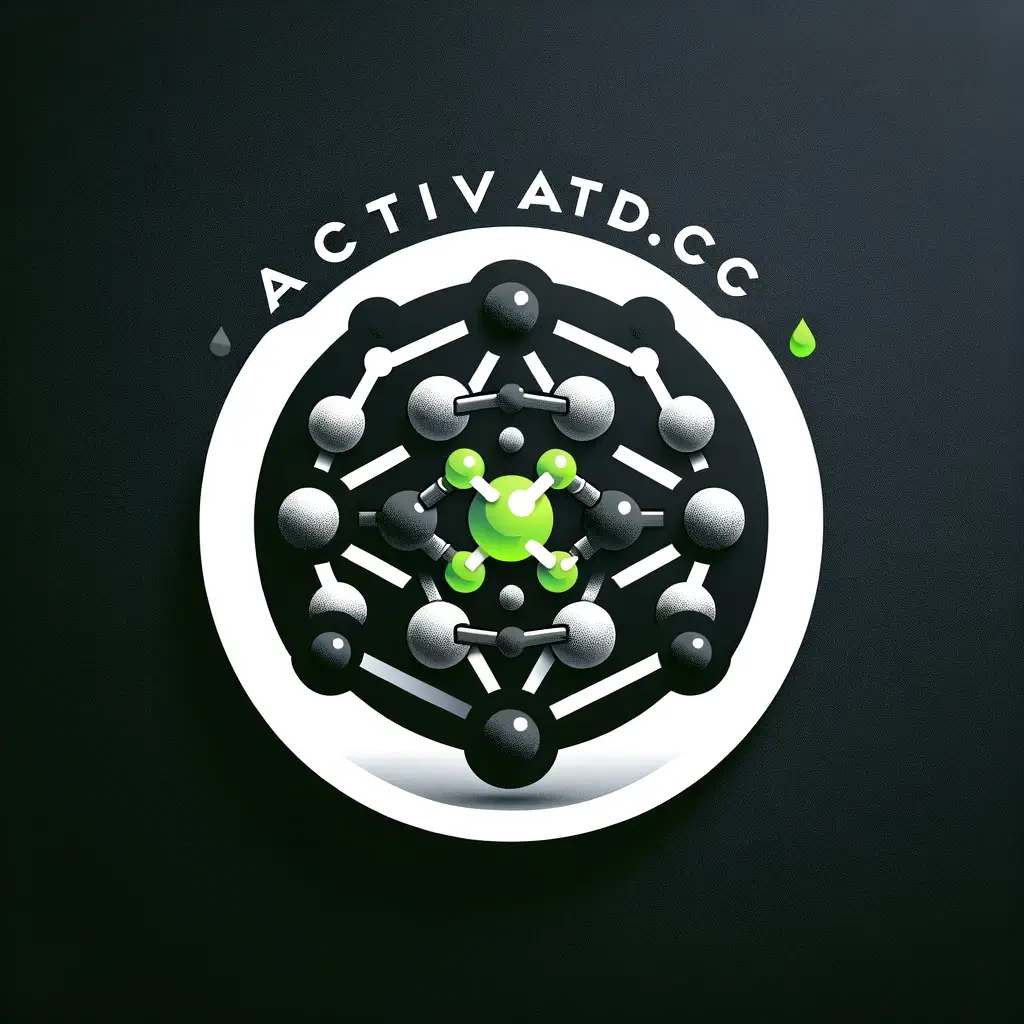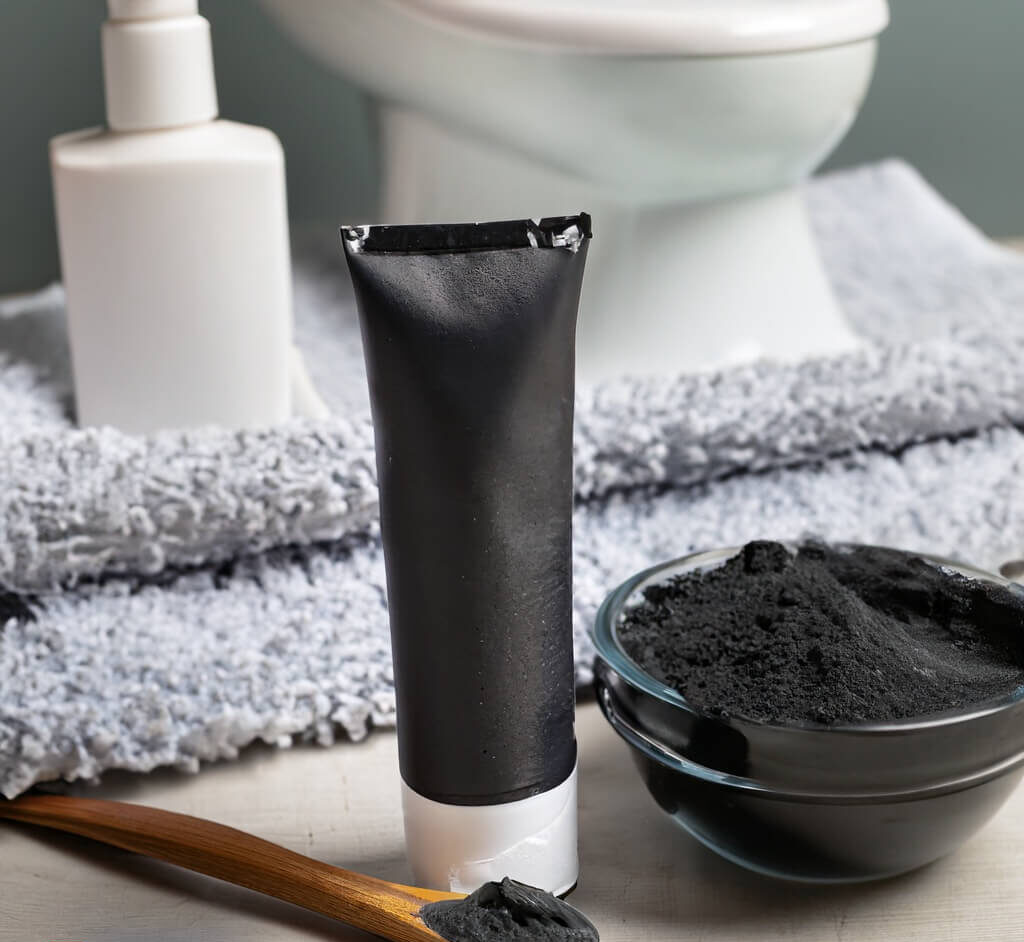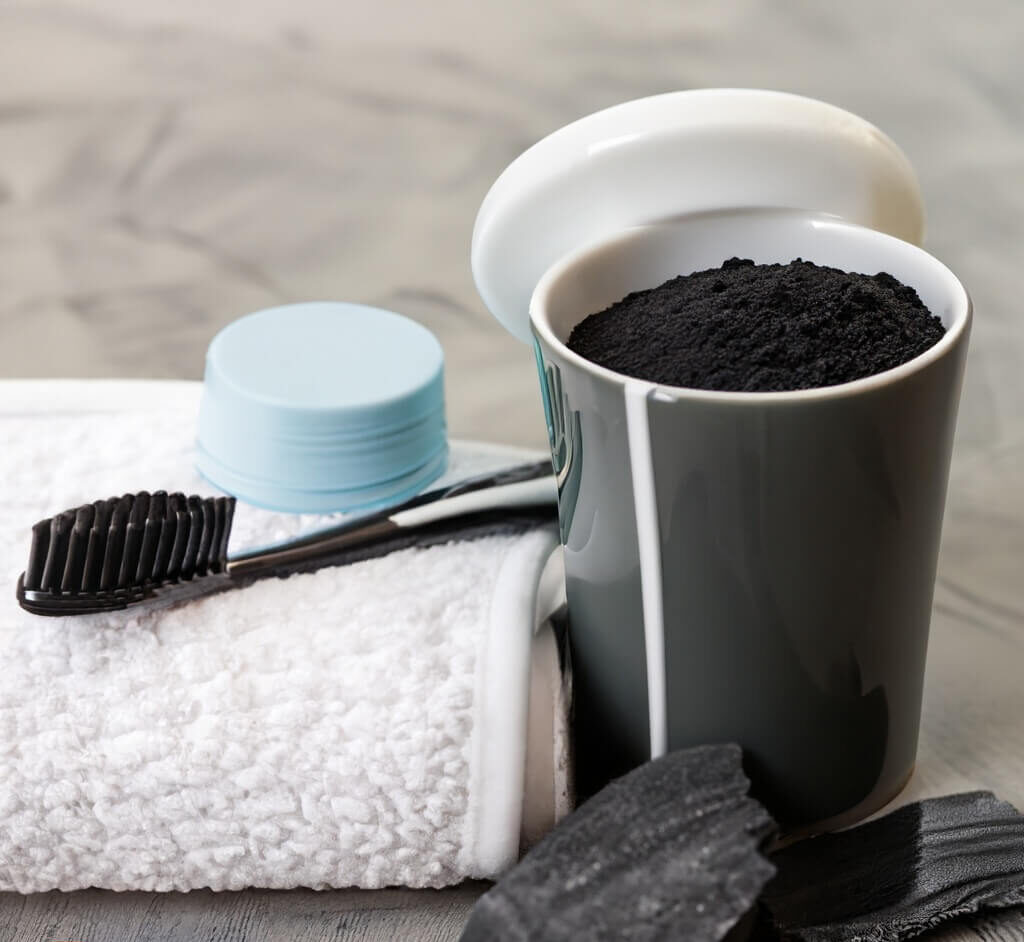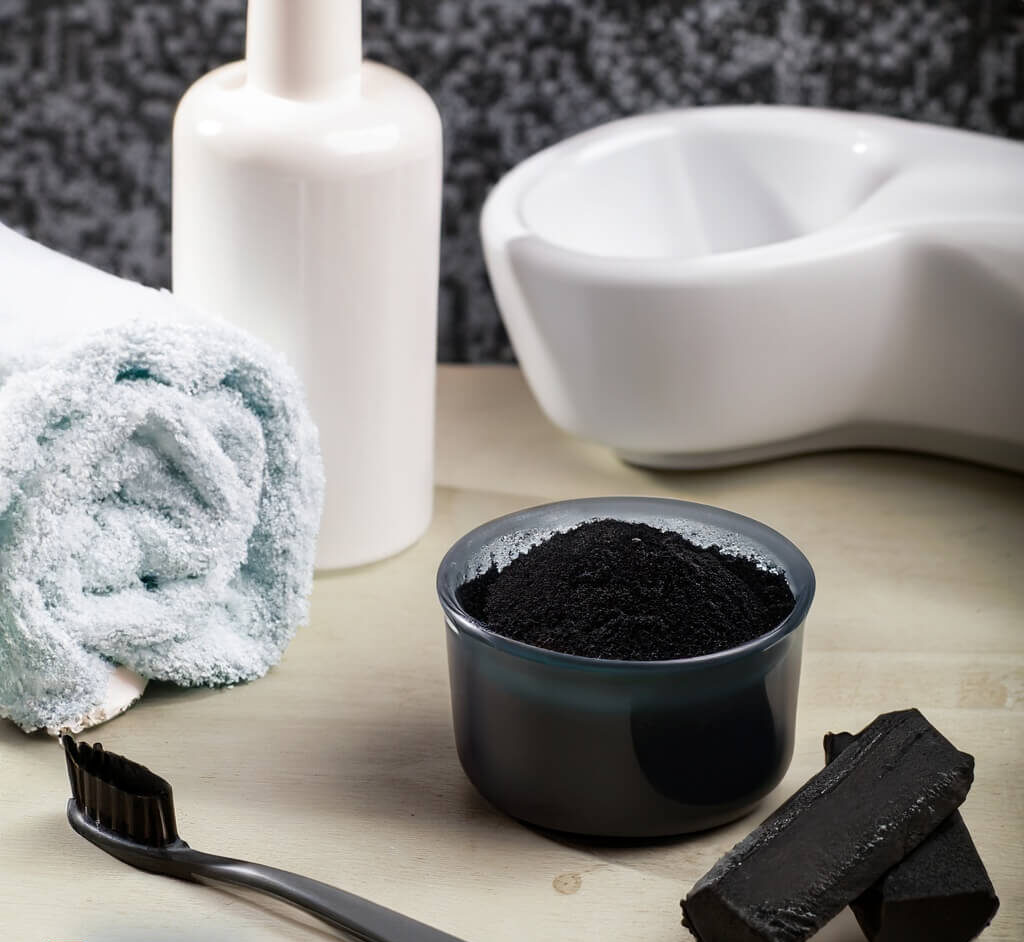A bright and dazzling smile is a coveted attribute for many individuals. In the pursuit of pearly whites, people have tried various methods and products over the years, and one of the more recent trends to gain popularity is the use of activated charcoal for teeth cleaning and whitening. This black powder has made its way into toothpaste, DIY concoctions, and commercial oral care products, all claiming to provide a natural and effective solution for achieving a brighter smile. But does it really work, or is it just another passing fad?
Understanding Activated Charcoal
Activated charcoal, often derived from sources like coconut shells or bamboo, is different from the charcoal you’d use in your barbecue grill. It’s processed at high temperatures to create a porous, adsorbent substance with a large surface area. This unique quality makes it excellent at trapping and binding toxins and impurities, which is why it’s used in medical settings to treat poisonings and overdoses. The theory behind using activated charcoal for teeth whitening is that it can similarly adsorb stains and particles from your teeth.
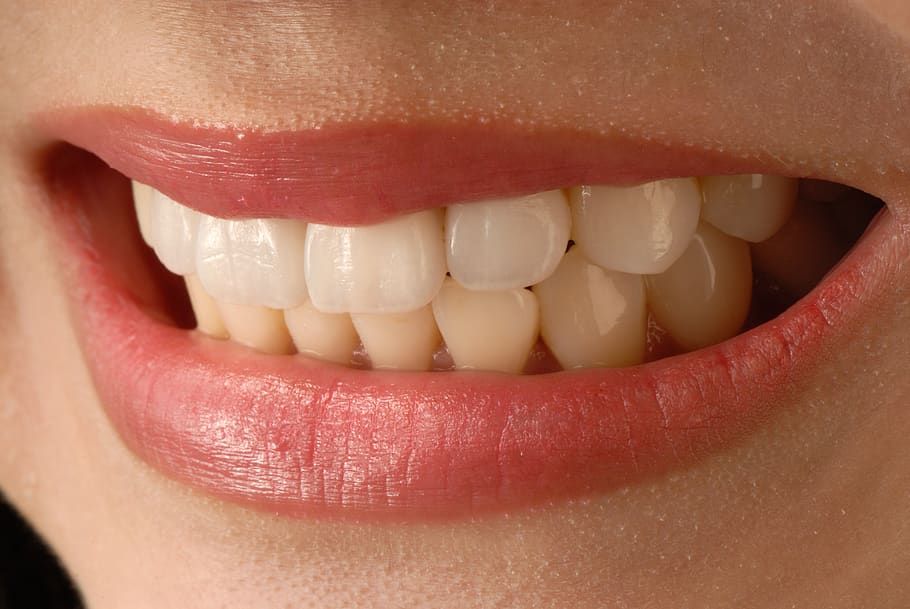
The Pros of Activated Charcoal for Teeth
- Stain Removal: It has abrasive properties that can help remove surface stains on teeth. This can include stains from coffee, tea, wine, and tobacco.
- Natural Ingredient: Many people prefer natural remedies for oral care, and activated charcoal fits this criterion as it’s derived from natural sources.
- Accessible: Activated charcoal products are widely available, both in commercial toothpaste and in powdered form for DIY solutions.
The Cons and Concerns
- Abrasive Nature: While activated charcoal can remove stains, its abrasiveness can also wear away tooth enamel if used too frequently or aggressively. This can lead to increased tooth sensitivity and a greater susceptibility to cavities.
- Lack of Scientific Evidence: The scientific evidence supporting the effectiveness of activated charcoal for teeth whitening is limited. Most claims are based on anecdotal evidence, and there are no long-term studies demonstrating its safety and efficacy.
- Messy Application: Its use can be messy, and it may leave black residue on your teeth, gums, and sink.
- No Fluoride: Many charcoal toothpaste products do not contain fluoride, a crucial ingredient for preventing tooth decay. Over time, this could pose a risk to your oral health.
- Risk of Aspiration: There is a risk of inhaling charcoal powder, which can be harmful to your lungs.
Guidelines for Safe Use
If you decide to try activated charcoal for teeth cleaning and whitening, here are some guidelines to follow:
- Use Sparingly: Limit your use of activated charcoal to a couple of times a week to avoid excessive abrasion.
- Choose a Reputable Product: If you opt for a commercial toothpaste with activated charcoal, select one from a reputable brand that contains fluoride for added protection.
- Consult Your Dentist: Before starting any new oral care routine, consult with your dentist to ensure it won’t harm your teeth and to address any specific concerns.
- Practice Good Oral Hygiene: It is not a substitute for regular brushing, flossing, and dental check-ups. Continue your usual oral care routine alongside any charcoal treatments.
Activated charcoal for teeth cleaning and whitening is a trendy, natural option that has gained popularity in recent years. While it may offer some benefits in terms of stain removal, it’s essential to use it with caution due to its abrasive nature and lack of robust scientific evidence. Overuse or misuse of this item can potentially harm your teeth and oral health. Consulting with your dentist and practicing good oral hygiene remain the best approaches to maintaining a bright and healthy smile. Ultimately, the choice to use activated charcoal should be made after careful consideration of its potential risks and benefits.
